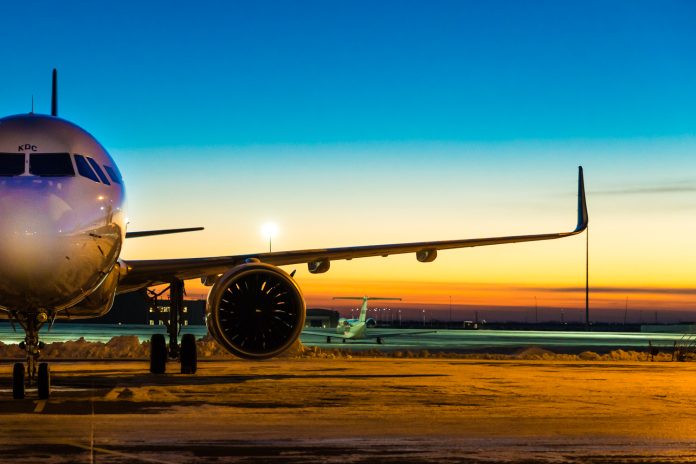SYDNEY, 25 January 2024: Rising costs and flight cancellations will significantly impact the country’s travel economy, the Australian Travel Industry Association warns in its latest research released this week.
The comprehensive study, conducted by former Qantas economist Tony Webber, provides a detailed analysis over two decades, demonstrating a trend where airlines often cancel flights for purely commercial reasons, impacting both the travel industry and consumers.
“In the year to October 2023, assuming a 5% passenger drop due to cancellations, a staggering AUD405 million would be lost overnight,” said ATIA CEO Dean Long. “This number blows out to over AUD1.6 billion if 20% of passengers choose not to fly. The ripple effect is immense, severely damaging the overall tourism industry.”
Study takeaways
1. Flight Cancellations for Commercial Gain: Airlines have been found to cancel flights not just for operational or weather-related reasons but also to drive profits.
2. Impact on Travel Intermediaries: The primary cost for travel intermediaries is the time staff spend reorganising trips, which includes rebooking flights, accommodations, and other services. This results in lost opportunities and revenue.
3. Effect on Tourism Expenditure: A 5% decrease in travellers due to flight cancellations could lead to an estimated loss of AUD405 million in domestic tourism from Australia’s top ten airports annually. Sydney Airport’s cancellations alone could reduce domestic tourism expenditure by AUD143 million and AUD572 million annually.
4. Airports’ Revenue Losses: The top 10 Australian airports face an estimated annual loss of AUD4.8 million in aeronautical revenue and AUD1.5 million in non-aeronautical revenue per year, assuming a 5% passenger drop due to cancellations.
5. Passenger Inconveniences and Costs: Passengers bear out-of-pocket costs and lose valuable time due to cancellations. The opportunity cost for delayed passengers can be significant, particularly for business travellers. Cancellations also result in seats being withdrawn from the market, raising fares for those who have yet to book a flight.
Airport timeslots
Airlines can maintain the practice of cancellations without losing valuable airport access due to the 80/20 rule. Under the rule, airlines can keep a specific timeslot as long as they don’t cancel more than 20% of flights in that slot over the year.
“The 80-20 rule is not fit for purpose. A 95-5 rule would be more appropriate to encourage airlines to operate to schedule,” Long commented.
“This research highlights critical issues within our industry. It’s not just about the airports; it’s about understanding where the chokepoints are and addressing them,” he concluded.
(Source: ATIA)






